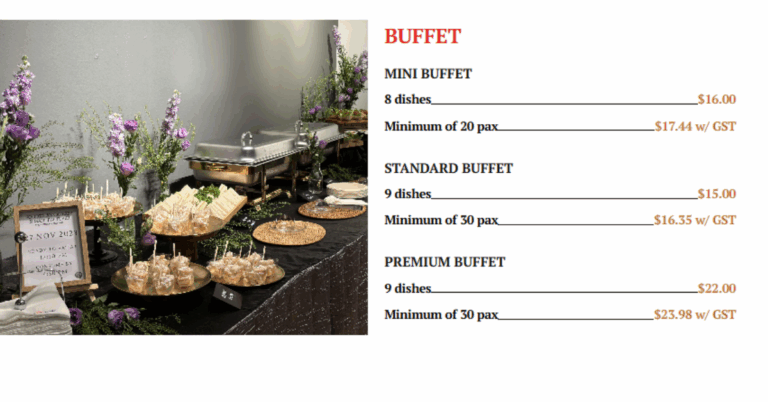Exploring the Connection Between Food and Mindfulness
Mindful eating involves being fully present and focused on the act of eating without distractions. By paying attention to the taste, texture, and sensations of the food, individuals can better savor each bite and make conscious choices about what and how much they eat. This practice can lead to a greater appreciation of food, as well as a heightened awareness of hunger and fullness cues.
Incorporating mindfulness into meals has been shown to promote healthy eating habits and reduce overeating. By eating mindfully, individuals tend to eat more slowly and mindfully, which can help them feel more satisfied with smaller portions. This mindful approach to eating can also help individuals tune into their body’s signals of hunger and fullness, leading to improved digestion and overall well-being.
The Impact of Mindfulness on Food Choices
Mindfulness plays a crucial role in influencing our food choices. When we practice mindfulness while eating, we become more aware of our body’s hunger and satiety cues. This heightened awareness helps us distinguish between true hunger and emotional cravings, leading to more mindful and intentional food choices.
Furthermore, being present in the moment while eating allows us to savor and appreciate the flavors, textures, and aromas of the food. This deep connection with our food enhances the eating experience and can result in choosing healthier, nourishing options. By incorporating mindfulness into our daily meals, we can cultivate a more positive and conscious relationship with food, ultimately leading to better overall health and well-being.
How Mindfulness Can Improve Digestion
Mindfulness plays a crucial role in improving digestion by fostering a deeper connection between our minds and bodies during meals. When we approach eating with mindfulness, we become more attuned to our body’s signals of hunger and fullness, allowing us to naturally regulate our food intake. This awareness can prevent overeating and promote better digestion as our bodies efficiently process the food consumed.
Incorporating mindfulness into meal times can also reduce stress and anxiety, which are known to negatively impact digestion. By focusing on the present moment and savoring each bite, we can enhance the overall dining experience and support the optimal functioning of our digestive system. This practice encourages us to slow down, chew our food thoroughly, and appreciate the nourishment we are providing our bodies, leading to improved digestion and overall well-being.






